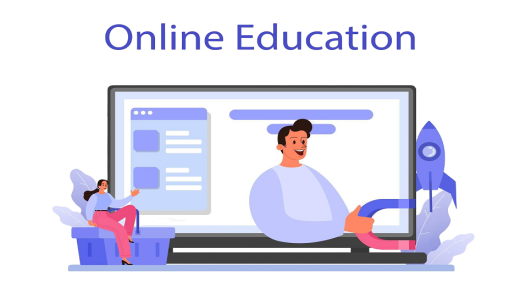In today's digital world, generic content just doesn’t work. Users are overwhelmed with information and want experiences that feel tailored to their needs and interests. This is where content personalization comes in, and Artificial Intelligence (AI) is changing the way we implement it in Content Management Systems (CMS).
AI can help you personalize content and improve user engagement, conversions, and loyalty. Let’s explore how AI can boost your CMS and make content more relevant to your audience.
Why Content Personalization Is Important
Imagine a website that understands your needs by showing content that interests you, recommending products based on your past purchases, and presenting calls to action that match your current stage in the customer journey. This is the power of content personalization.
Here’s why it matters:
- Enhanced User Experience: Personalized content makes users feel valued, leading to a better and more engaging experience.
- Increased Engagement: Relevant content keeps users on your site longer, encouraging more interaction with your brand.
- Higher Conversion Rates: By showing the right content at the right time, you can increase sales, lead generation, and other conversions.
- Stronger Customer Loyalty: Personalization builds a stronger connection with your audience, leading to repeat business.
While manual personalization can be time-consuming and limited, AI offers a scalable, data-driven approach. With AI, hyper-personalization becomes possible by analyzing user data in real-time to understand individual preferences and behaviors.
How AI Powers Content Personalization in Your CMS
Here’s how AI can enhance your CMS:
- Recommendation Engines: AI analyzes user behavior (like browsing and purchase history) to suggest relevant products, services, or content. Think of the “Recommended for You” sections on e-commerce and streaming websites.
- Dynamic Content Display: AI adjusts content, banners, and calls to action based on user behavior. For example, a returning customer might see different content than a first-time visitor.
- Personalized Search Results: AI can understand user intent and provide search results tailored to their past interactions and preferences.
- Automated Content Curation: AI helps organize and curate content based on user interests, making it easier for them to find what they need.
- Predictive Personalization: AI can predict what content a user will likely be interested in based on their past behavior, providing proactive recommendations.
- A/B Testing Optimization: AI analyzes A/B test results in real-time and adjusts content to maximize engagement with different user segments.
How to Implement AI for Content Personalization
Here’s a simple guide to getting started with AI-powered personalization:
- Define Your Goals: What do you want to achieve with personalization? Increased sales, engagement, or customer retention? Clear goals will guide your strategy.
- Understand Your Data: AI thrives on data. Ensure you have access to accurate user data such as demographics, browsing history, and interactions with content.
- Choose the Right AI Tools: Many CMS platforms offer built-in AI features, or you can integrate third-party tools. Choose tools that match your goals and budget.
- Start Small: Don’t try to personalize everything at once. Begin with one area, like personalized product recommendations, and test the results.
- Segment Your Audience: While AI can personalize content for individuals, you can start by grouping users based on key behaviors and characteristics.
- Map Content to User Journeys: Understand the different stages of your customer’s journey and deliver content that’s relevant at each stage.
- Personalize More Than Just Articles: You can also personalize headlines, images, calls to action, and even page layouts based on user preferences.
- Test and Measure: Regularly test different personalization strategies and measure their success with metrics like conversion rates, engagement, and bounce rates.
- Respect Data Privacy: Ensure compliance with privacy regulations and be transparent about how you use user data for personalization.
- Stay Updated: AI is constantly evolving. Keep up with the latest trends and tools to ensure you're using the best strategies.
Real-World Examples of AI Personalization
- E-commerce: Product recommendations based on past purchases or browsing history.
- Media: Article or video recommendations based on user reading and viewing habits.
- Education: Personalized learning paths based on student progress and learning preferences.
- Marketing: Tailored email campaigns and website content based on lead behavior and demographics.
The Future of AI in CMS Personalization
As AI technology improves, we can expect even more advanced personalization features, including:
- Hyper-Personalization: Providing truly individualized experiences for every user.
- Contextual Personalization: Delivering content based on the user’s current context, such as device, location, or time of day.
- AI-Powered Content Creation: Automatically generating content variations based on user preferences.
- Omnichannel Personalization: Offering consistent, personalized experiences across all touchpoints, including mobile, email, and social media.
With AI, content personalization is no longer just a trend but a powerful tool that can transform the way you engage with your audience and grow your business.





